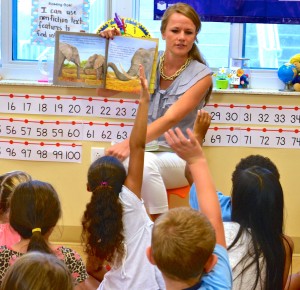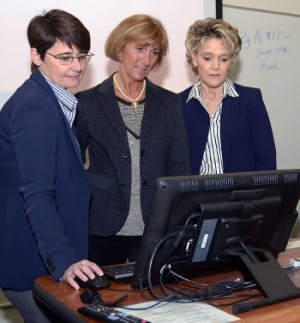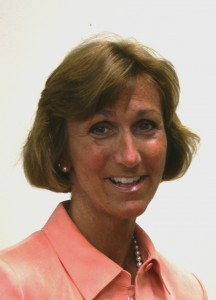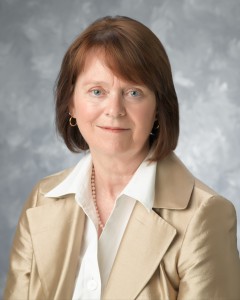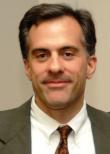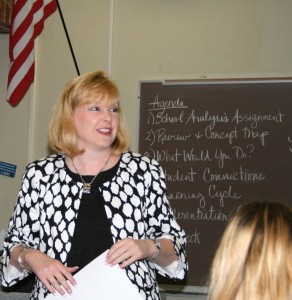Posts
https://education.ufl.edu/news/files/2019/07/News-1-300x65.png
0
0
crdennard
https://education.ufl.edu/news/files/2019/07/News-1-300x65.png
crdennard2019-04-16 17:20:592019-12-10 16:06:09College of Education professor appointed to UF Academy of Distinguished Teaching Scholars
https://education.ufl.edu/news/files/2019/07/News-1-300x65.png
0
0
labellebrittany
https://education.ufl.edu/news/files/2019/07/News-1-300x65.png
labellebrittany2018-03-15 15:50:092019-08-06 14:00:09COE-STL host conference of education historians; outsiders welcome
https://education.ufl.edu/news/files/2019/07/News-1-300x65.png
0
0
https://education.ufl.edu/news/files/2019/07/News-1-300x65.png
2016-08-25 09:22:282016-08-25 09:24:16International group installs COE professor as president-elect
https://education.ufl.edu/news/files/2019/07/News-1-300x65.png
0
0
https://education.ufl.edu/news/files/2019/07/News-1-300x65.png
2015-04-23 09:20:152015-04-23 09:40:04UF awarded $2.7M for new center aiming to transform elementary teacher preparation
https://education.ufl.edu/news/files/2019/07/News-1-300x65.png
0
0
https://education.ufl.edu/news/files/2019/07/News-1-300x65.png
2014-06-04 11:01:042014-06-05 11:39:15Smooth leadership transition for School of Teaching and Learning
https://education.ufl.edu/news/files/2019/07/News-1-300x65.png
0
0
https://education.ufl.edu/news/files/2019/07/News-1-300x65.png
2014-05-21 06:00:512016-03-28 09:26:22New education technology professor to head UF Online Learning Institute
https://education.ufl.edu/news/files/2019/07/News-1-300x65.png
0
0
https://education.ufl.edu/news/files/2019/07/News-1-300x65.png
2014-03-20 14:30:052014-03-26 11:31:04STL professor recalls 'Cosmos' host Carl Sagan as star among the stars
https://education.ufl.edu/news/files/2019/07/News-1-300x65.png
0
0
https://education.ufl.edu/news/files/2019/07/News-1-300x65.png
2012-07-12 10:39:472013-08-20 12:57:33INDEPENDENT FLORIDA ALLIGATOR: Suzanne Colvin
https://education.ufl.edu/news/files/2012/03/SWAIN-C.-2-12-002-featrd.jpg
260
524
https://education.ufl.edu/news/files/2019/07/News-1-300x65.png
2012-03-02 16:24:222012-04-23 17:55:24Colleen Swain is Undergraduate Teacher of Year
Scroll to top

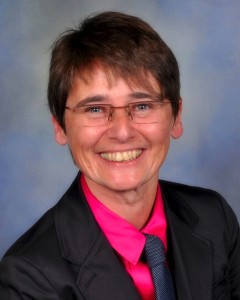 The world’s largest organization of educators committed to advancing English language teaching for non-English speaking students has installed a UF College of Education professor and school director as its president-elect.
The world’s largest organization of educators committed to advancing English language teaching for non-English speaking students has installed a UF College of Education professor and school director as its president-elect.